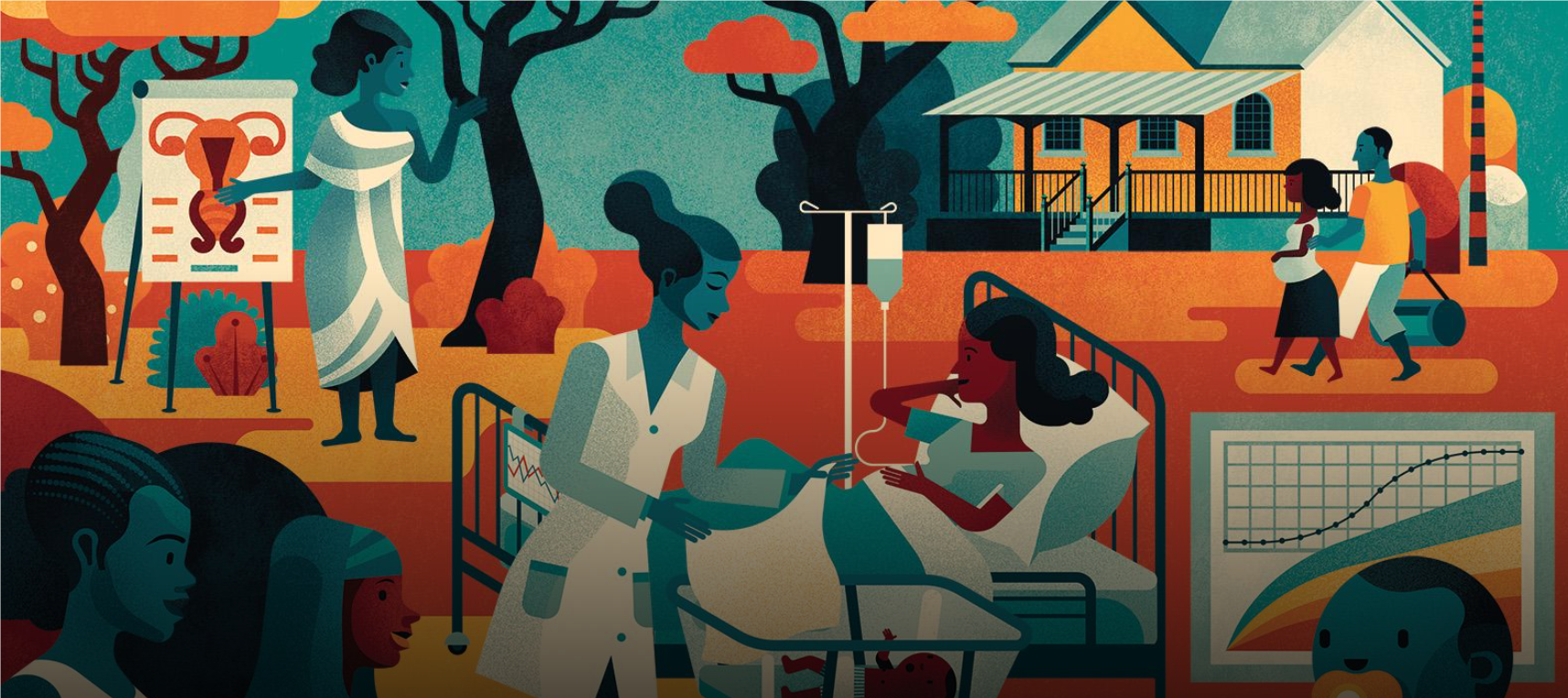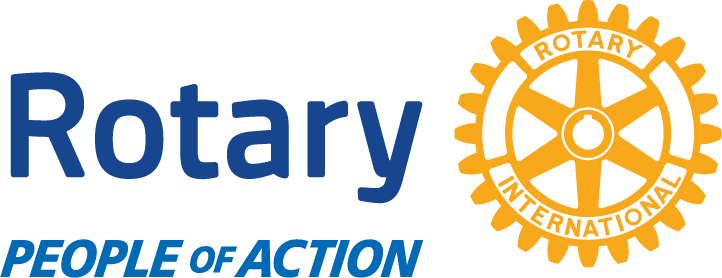
In March 1994, at the Anaheim Hilton and Towers, Emmanuel Adedolapo Lufadeju and Robert Zinser struck up a conversation. The two men were district governors-elect, and they had traveled to California — Lufadeju from Nigeria and Zinser from Germany — for Rotary’s annual International Assembly. As they spoke, the men discovered that their interests overlapped. Zinser listened intently as Lufadeju described a visit he’d recently made to a hospital maternity ward in Nigeria. At the time, five out of 100 babies in that country died in their first 28 days. Lufadeju had learned that the high rate of newborn fatalities resulted, in part, from poor prenatal and maternal care.
Zinser spoke up. “I can help.”
In 1995, Lufadeju and Zinser started a small maternal and child health-care project in Nigeria’s northern state of Kaduna. Today, their interventions have spread across the country and are changing the lives of millions of families — all because of that serendipitous encounter 28 years ago. “The story of our project is a story of Rotary friendship,” Lufadeju says. “I thought it was something I would do as governor and go away. But it has lasted the better part of my life.”
In June, The Rotary Foundation announced that the program, known as Together for Healthy Families in Nigeria, is receiving the Foundation's second $2 million Programs of Scale grant, an award that will build on the program's past success to accomplish even more in the future.
"This is really about changing the way societies and health systems address the fundamental needs of women," says John Townsend, chair of the Rotary Action Group for Reproductive, Maternal, and Child Health, and chair of the ethical review board at the Population Council. "And that's important because women are the drivers of family and development. If a woman dies or is seriously disabled, the entire family is affected."
Click here to read the whole story.
